Boat Migrants Risk It All for New Life in Europe
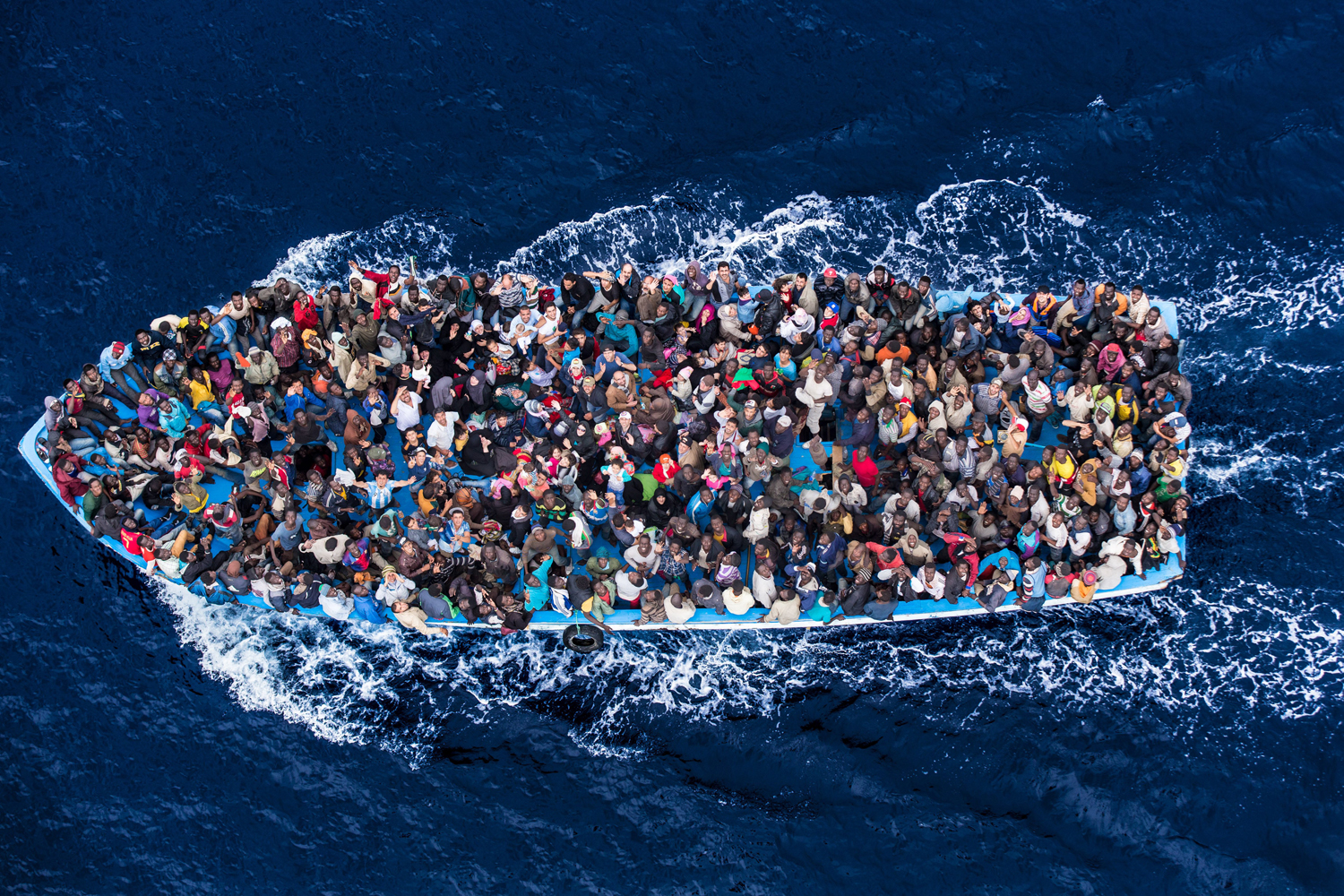
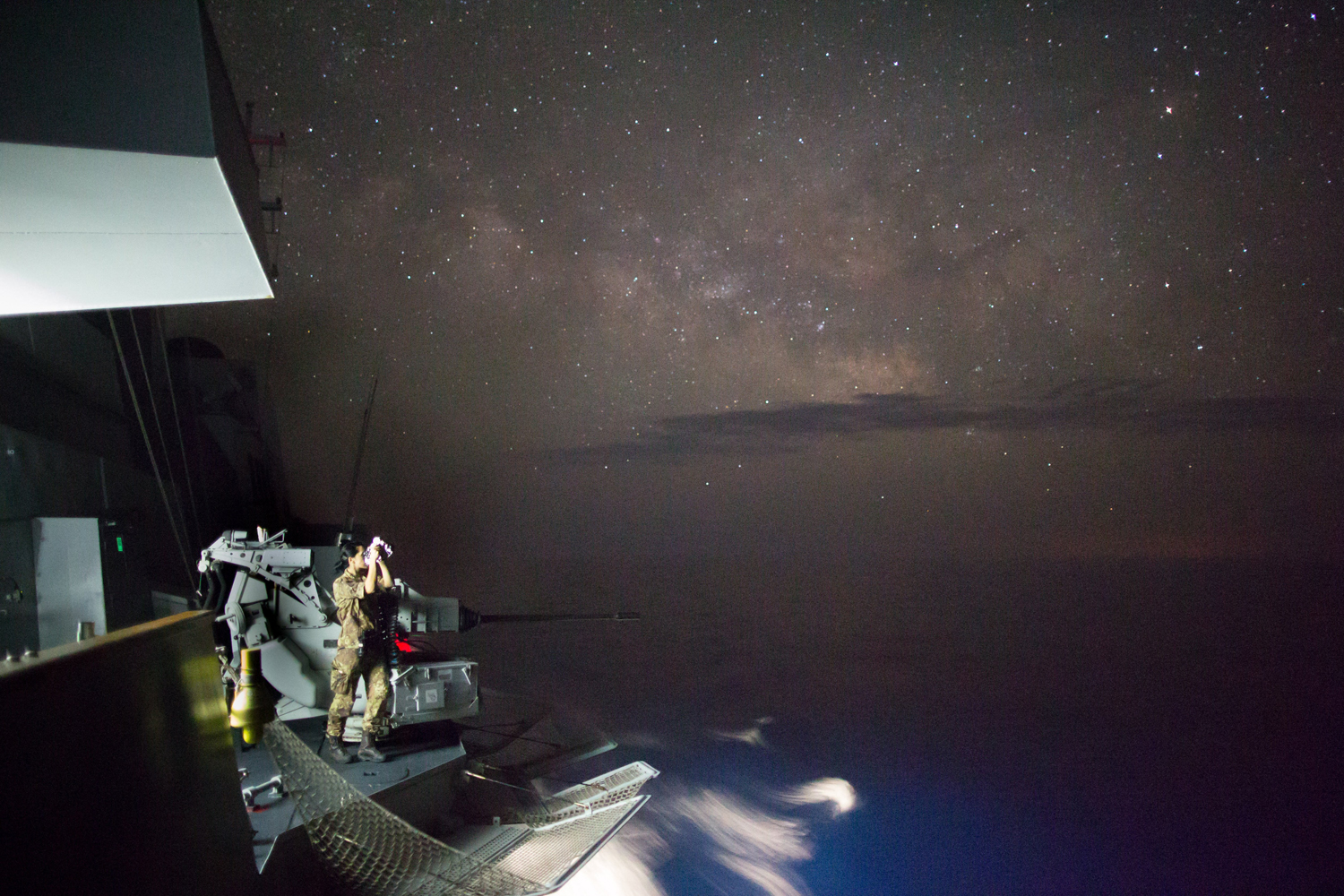
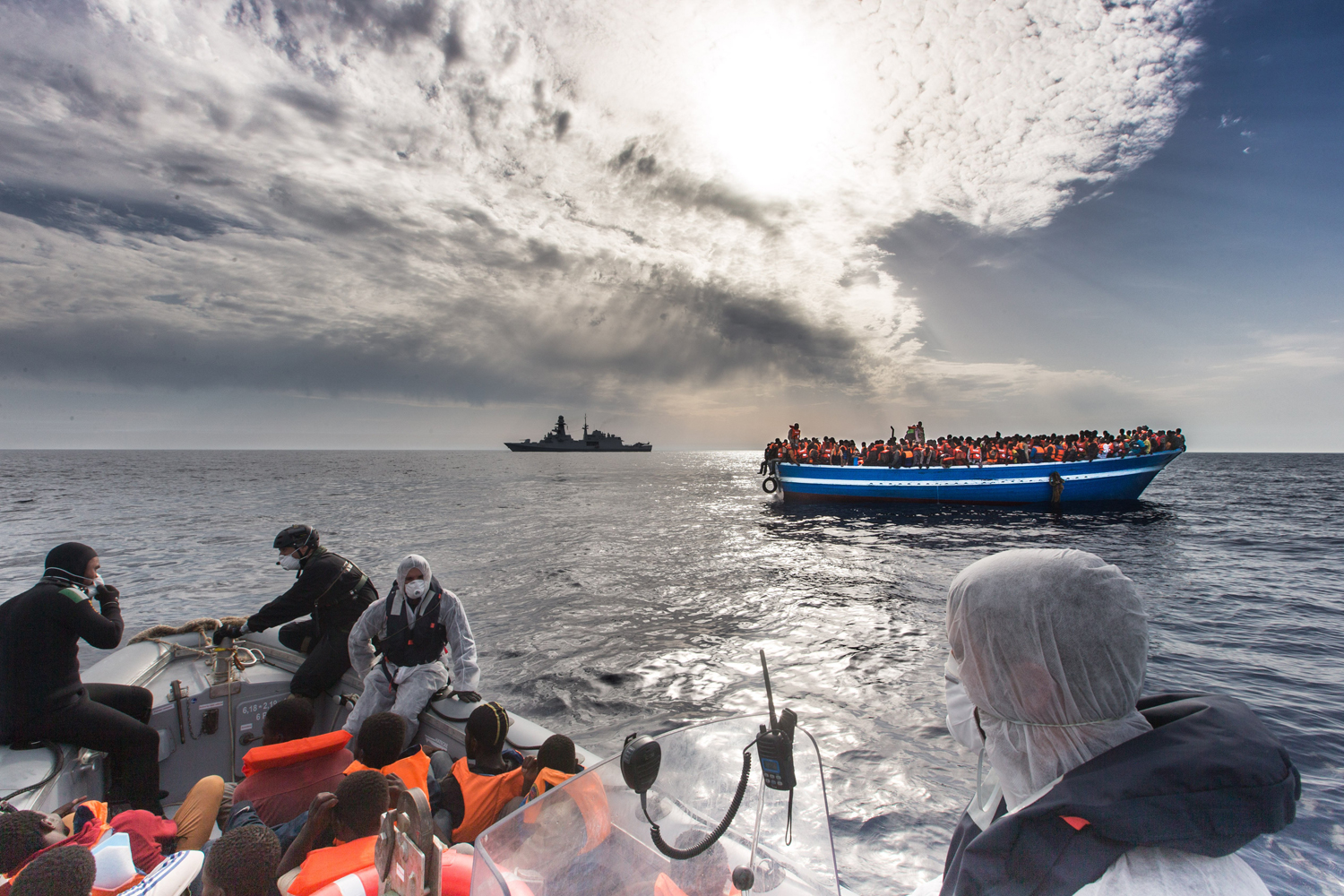
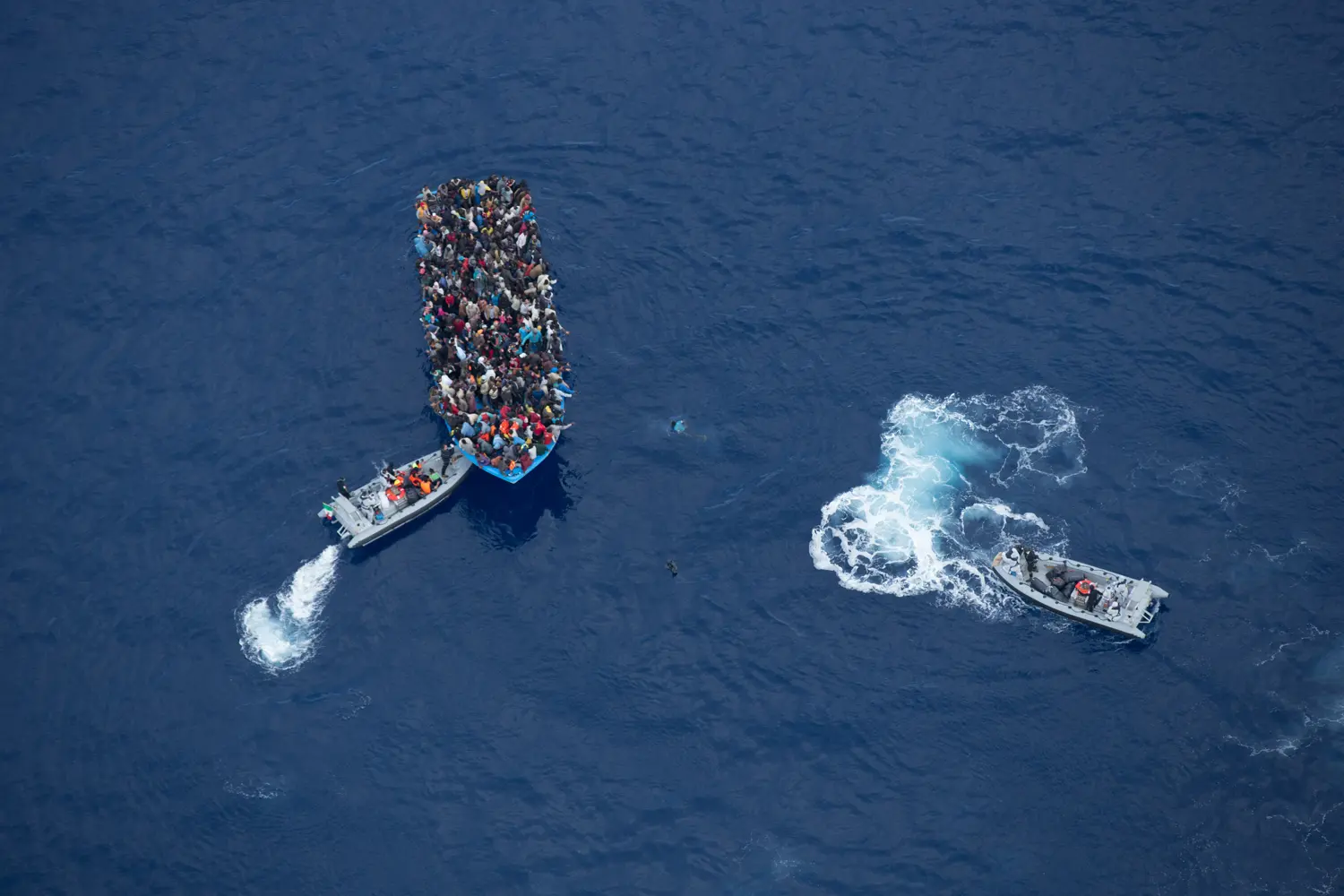
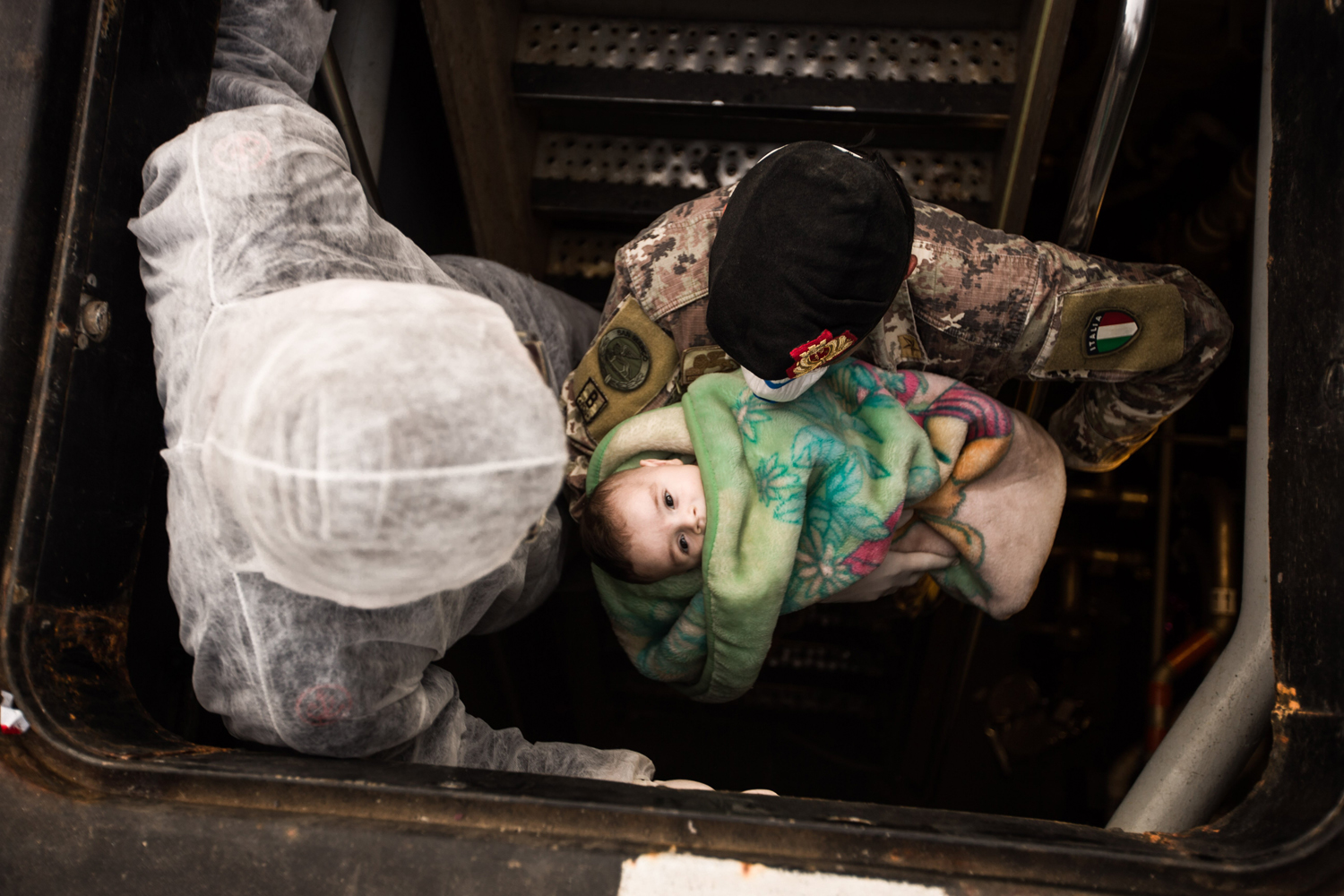
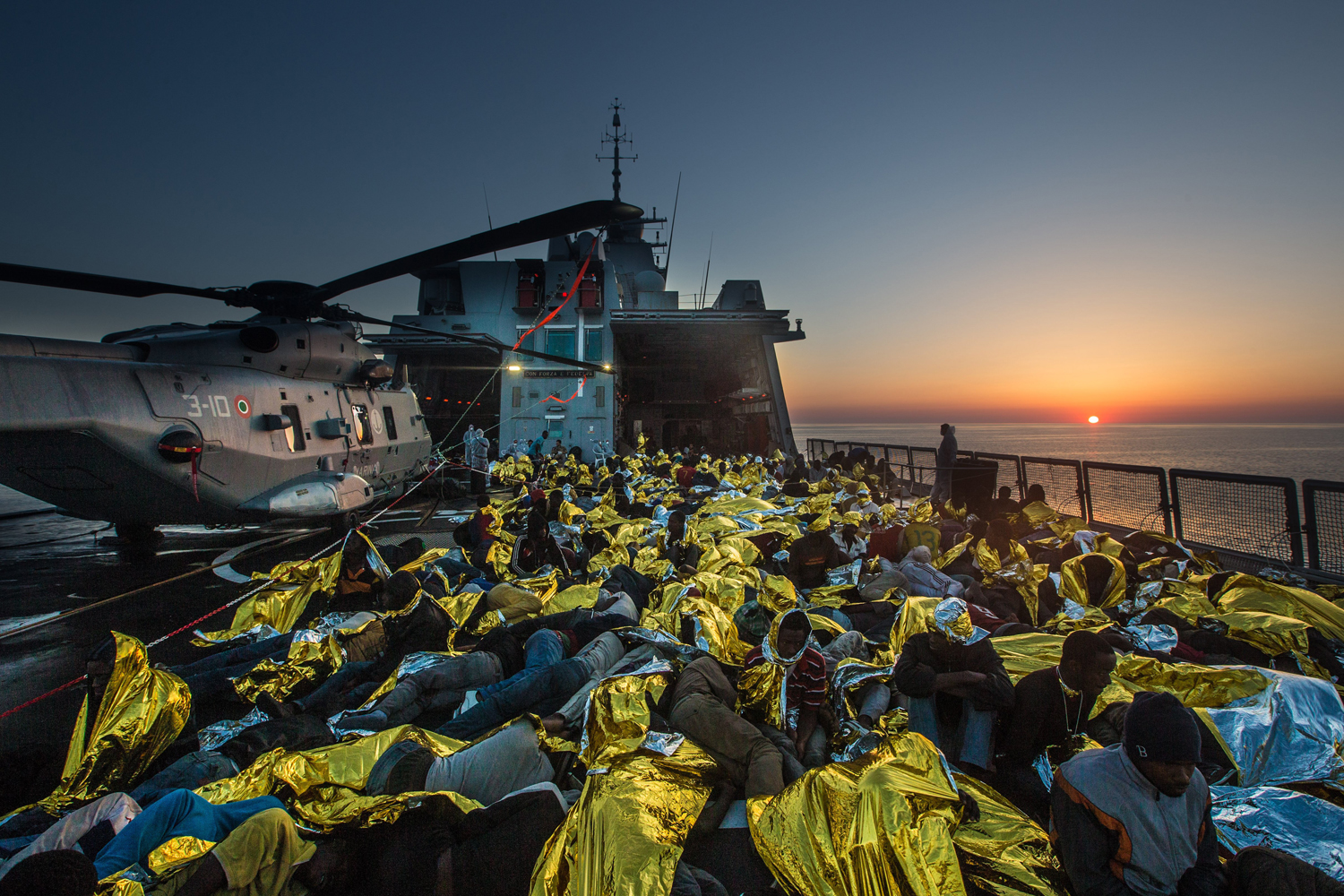
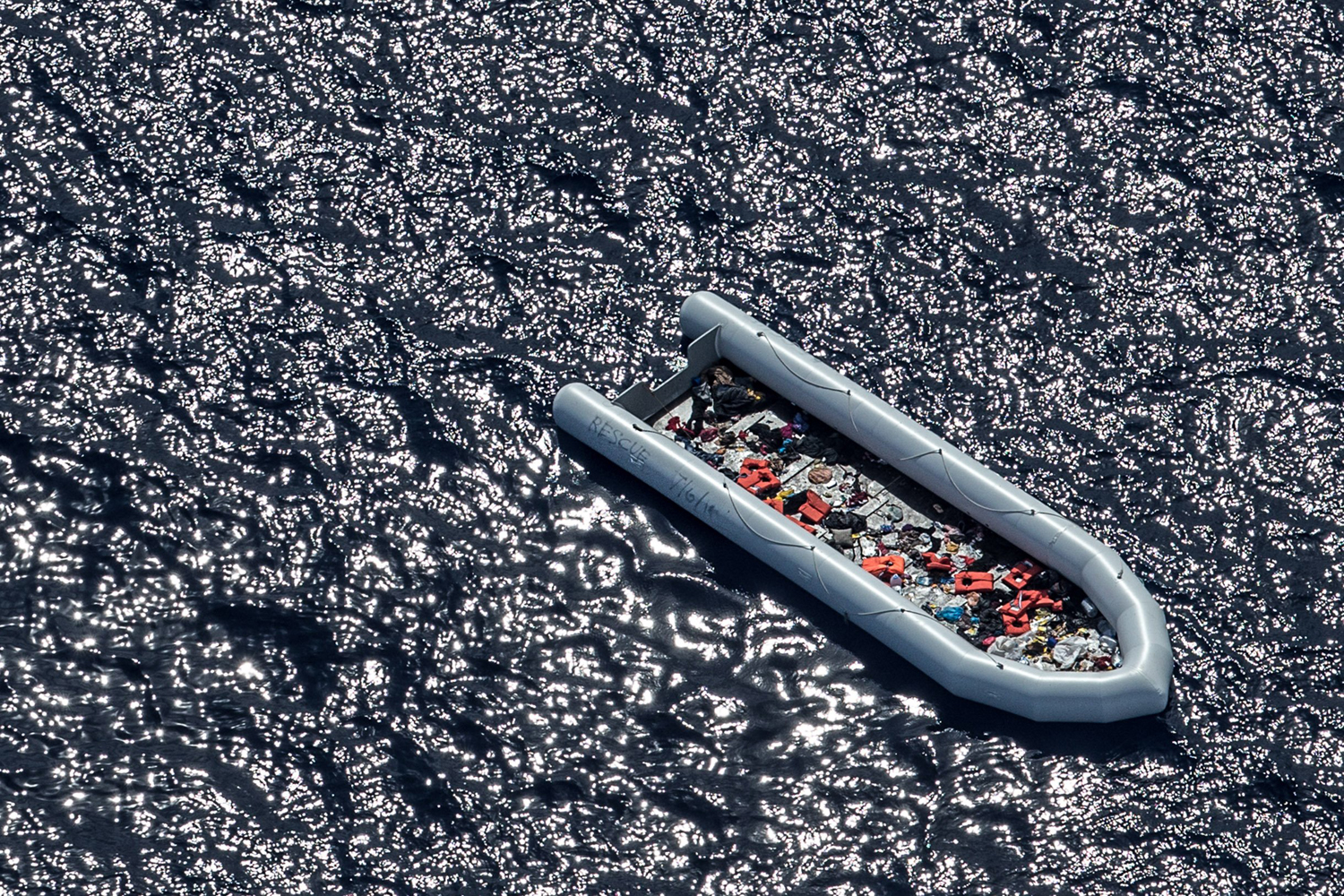
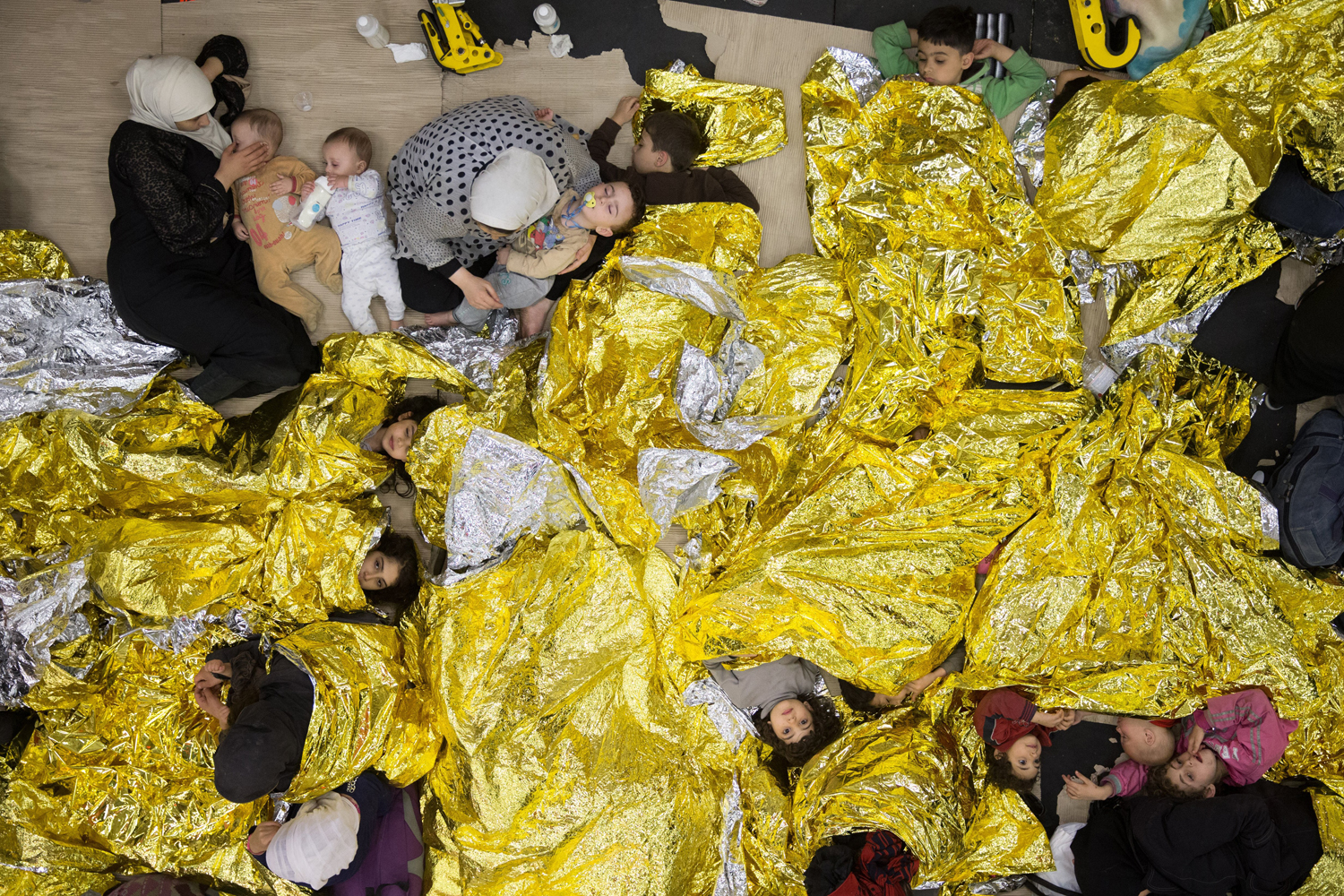
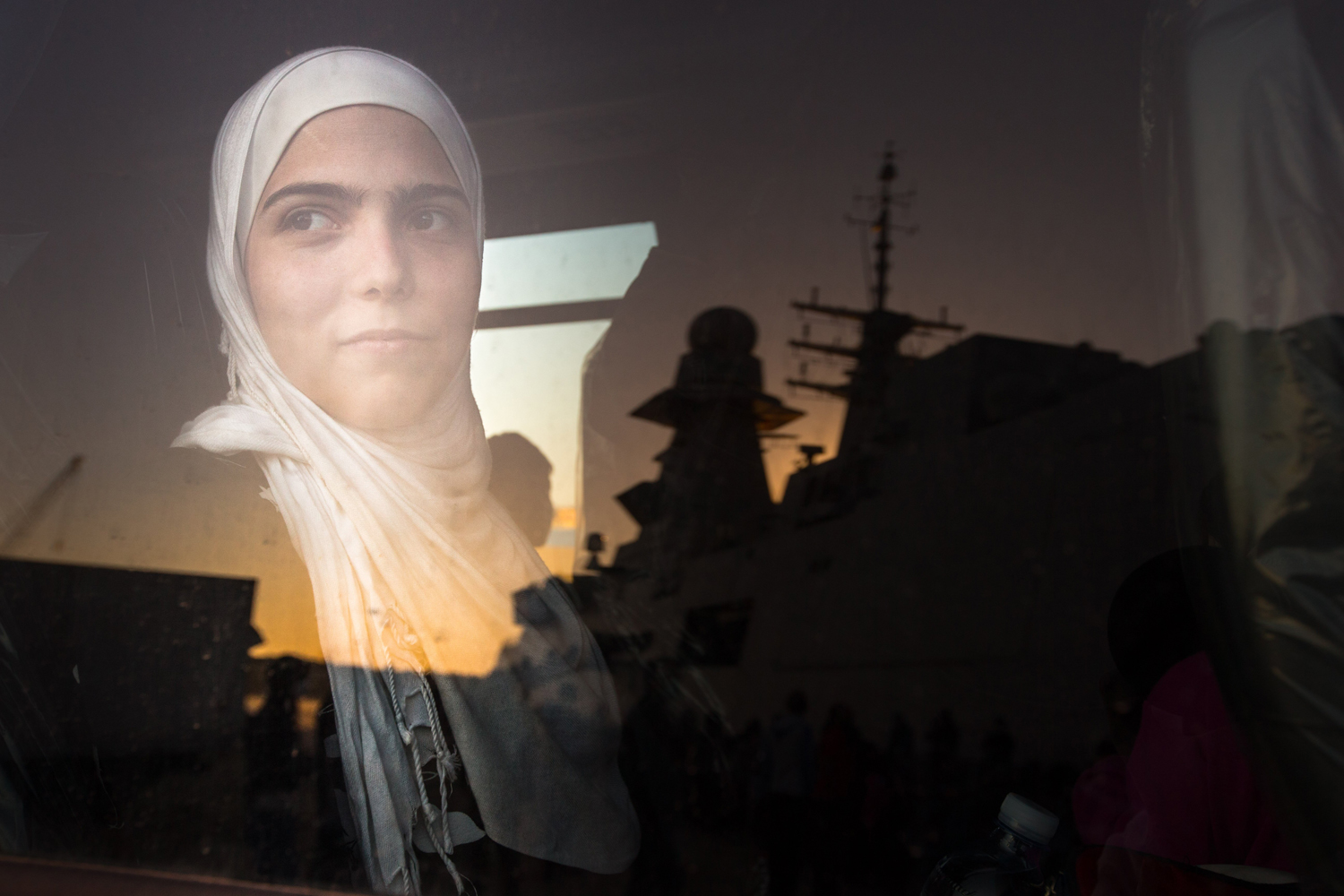

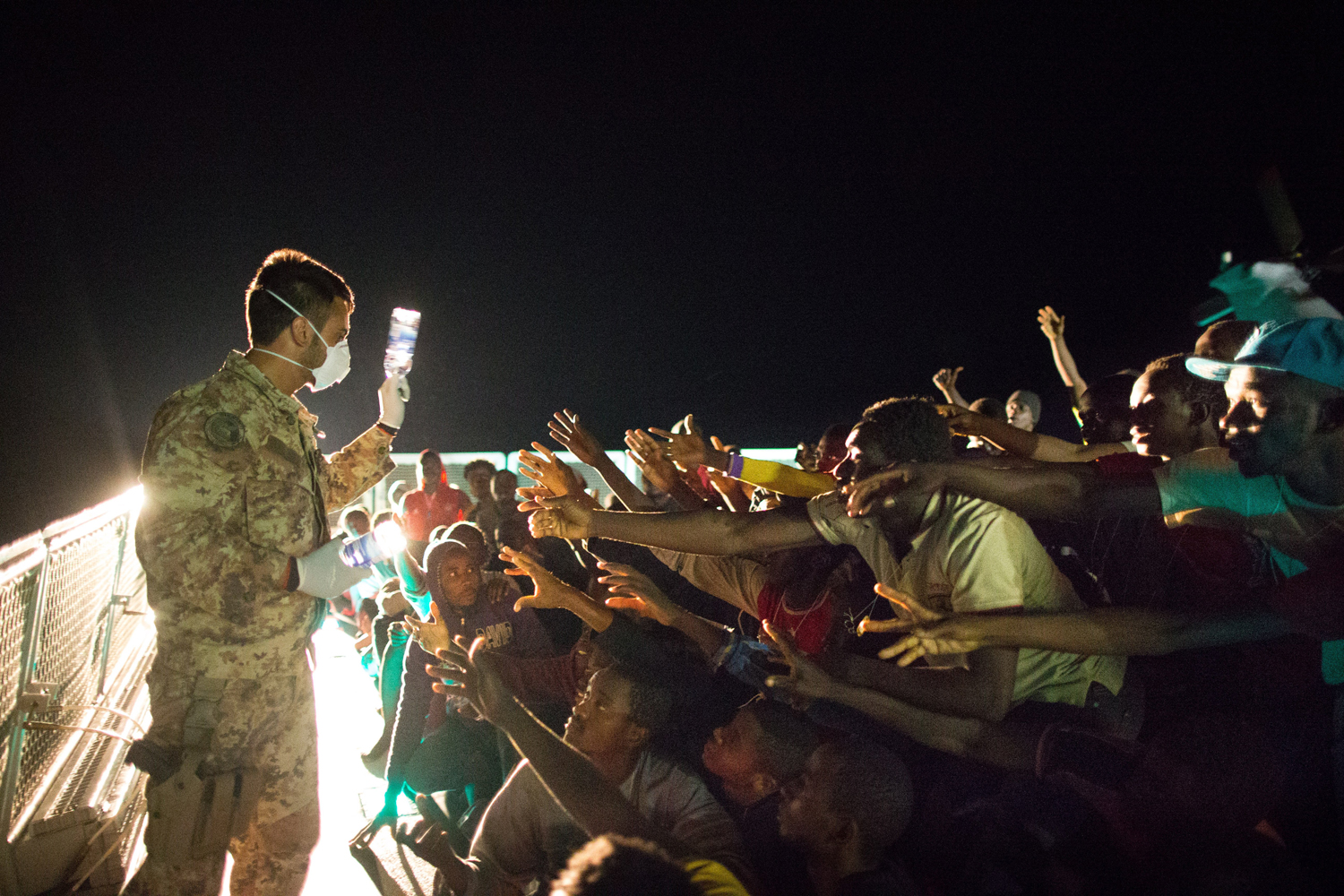
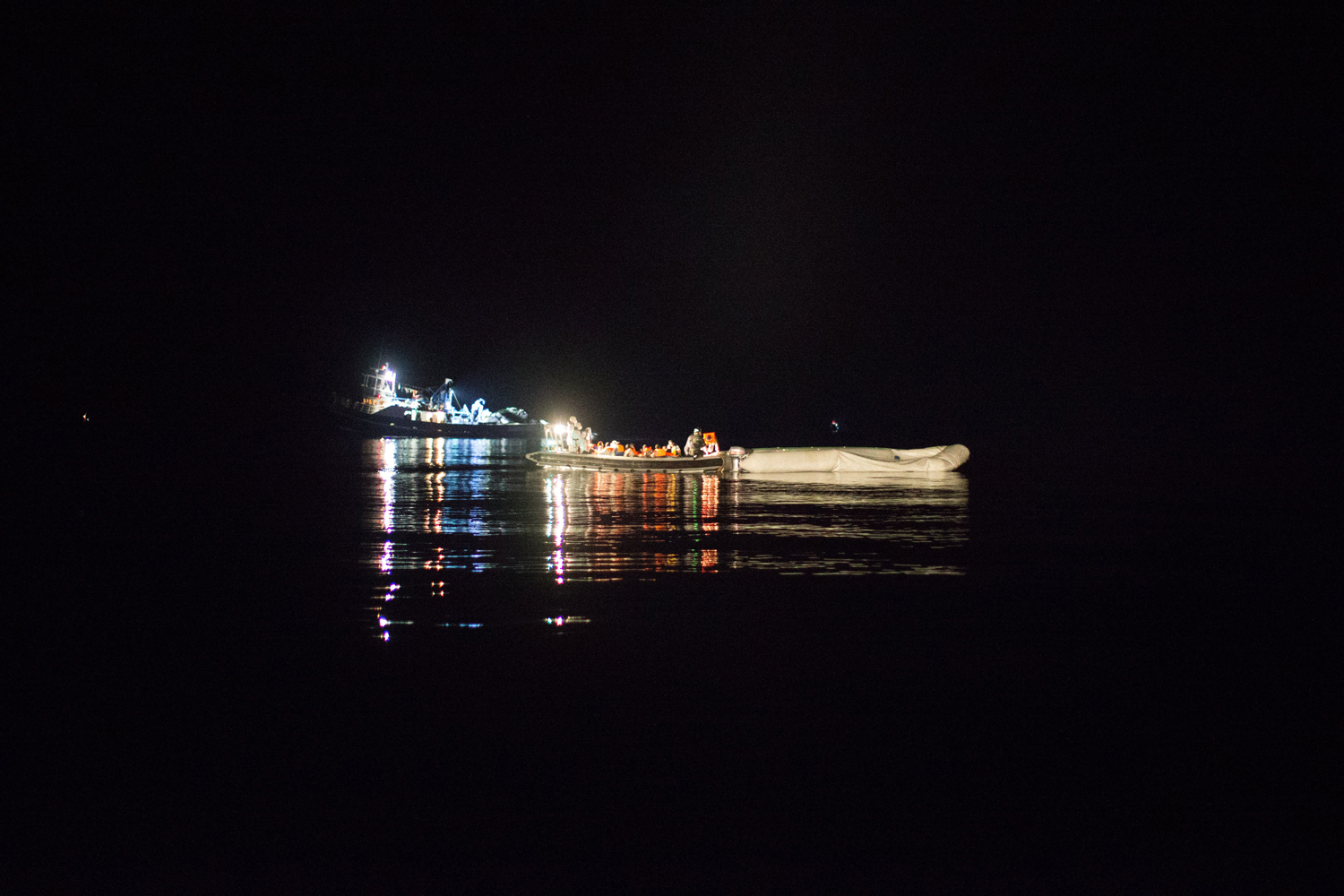
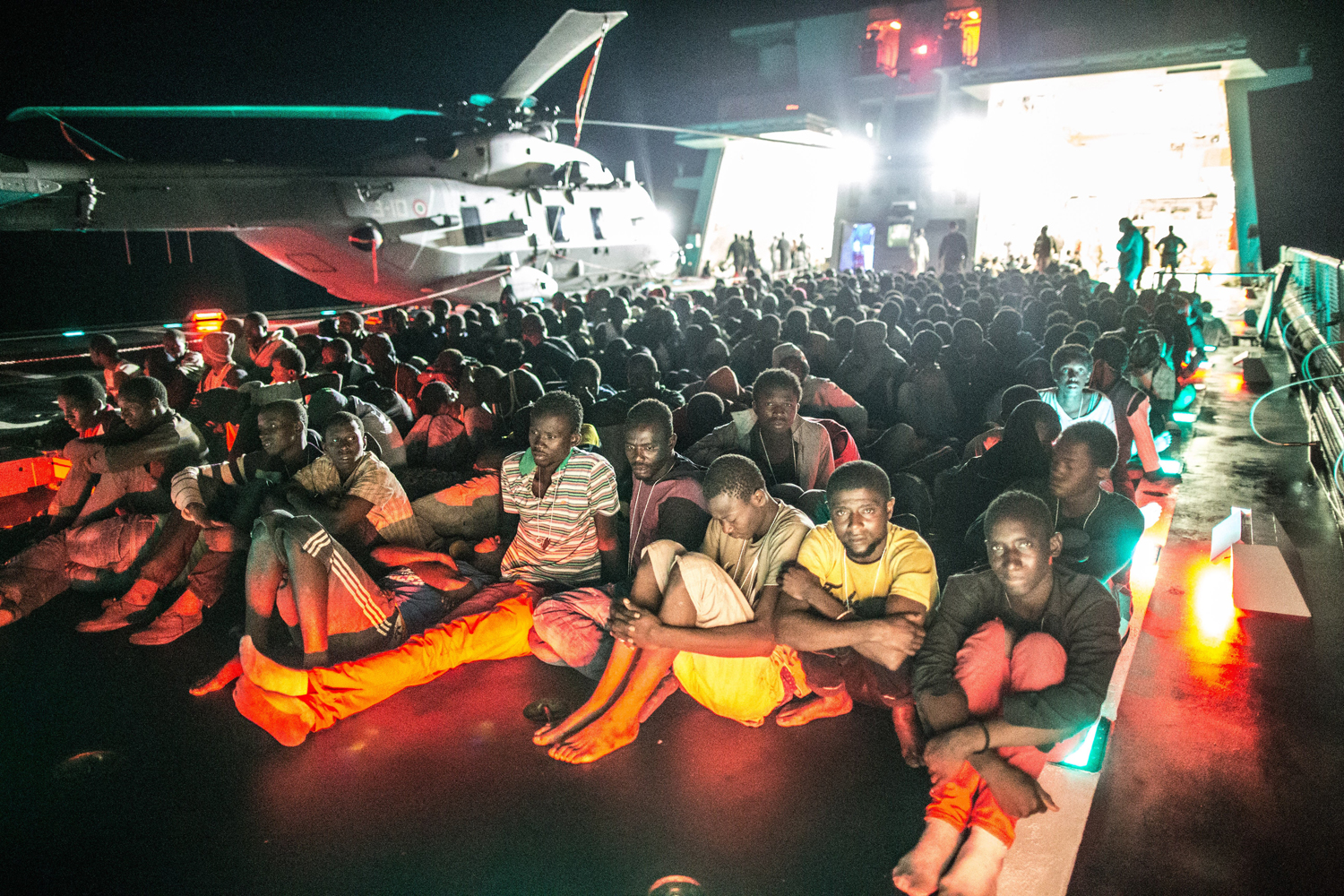
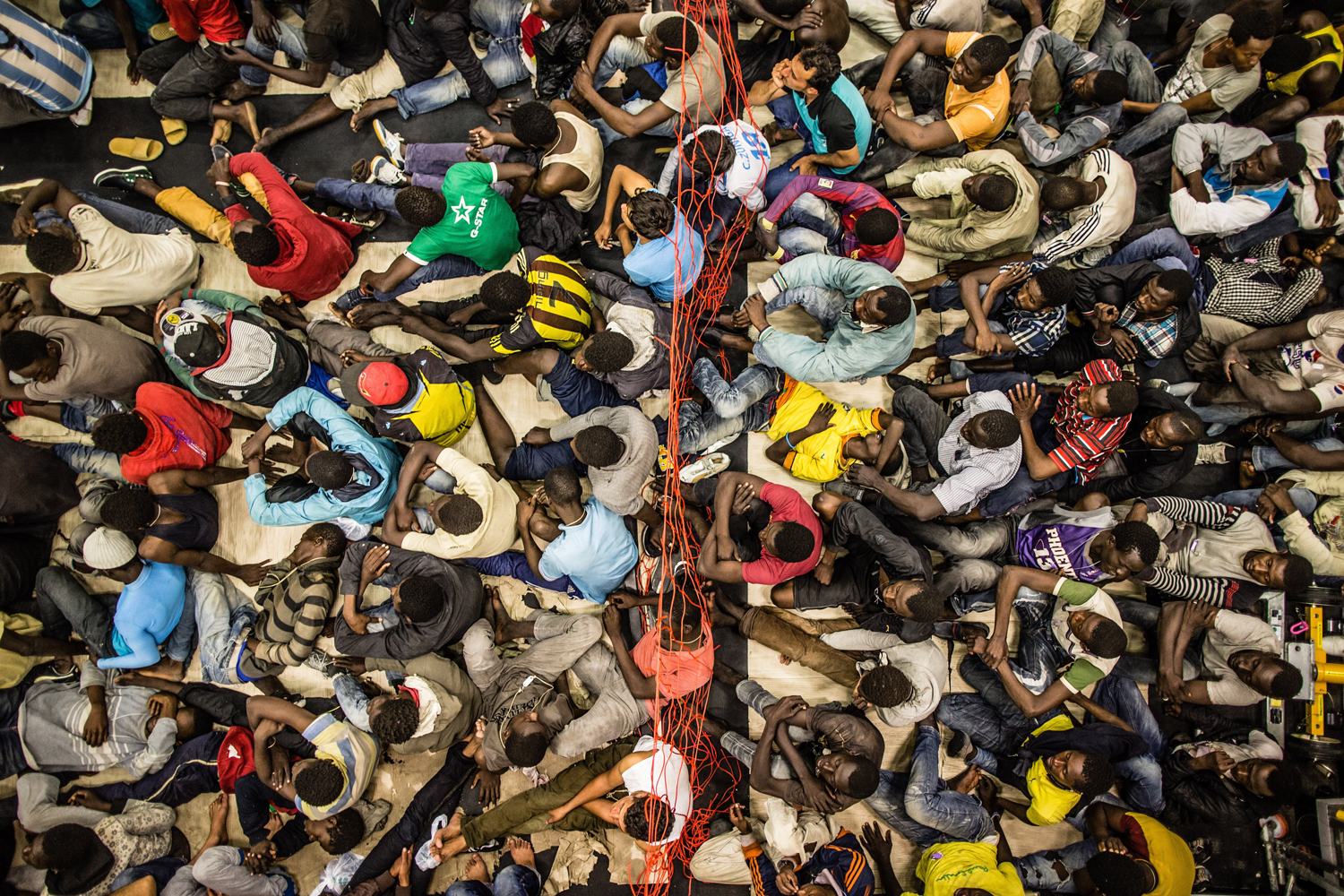
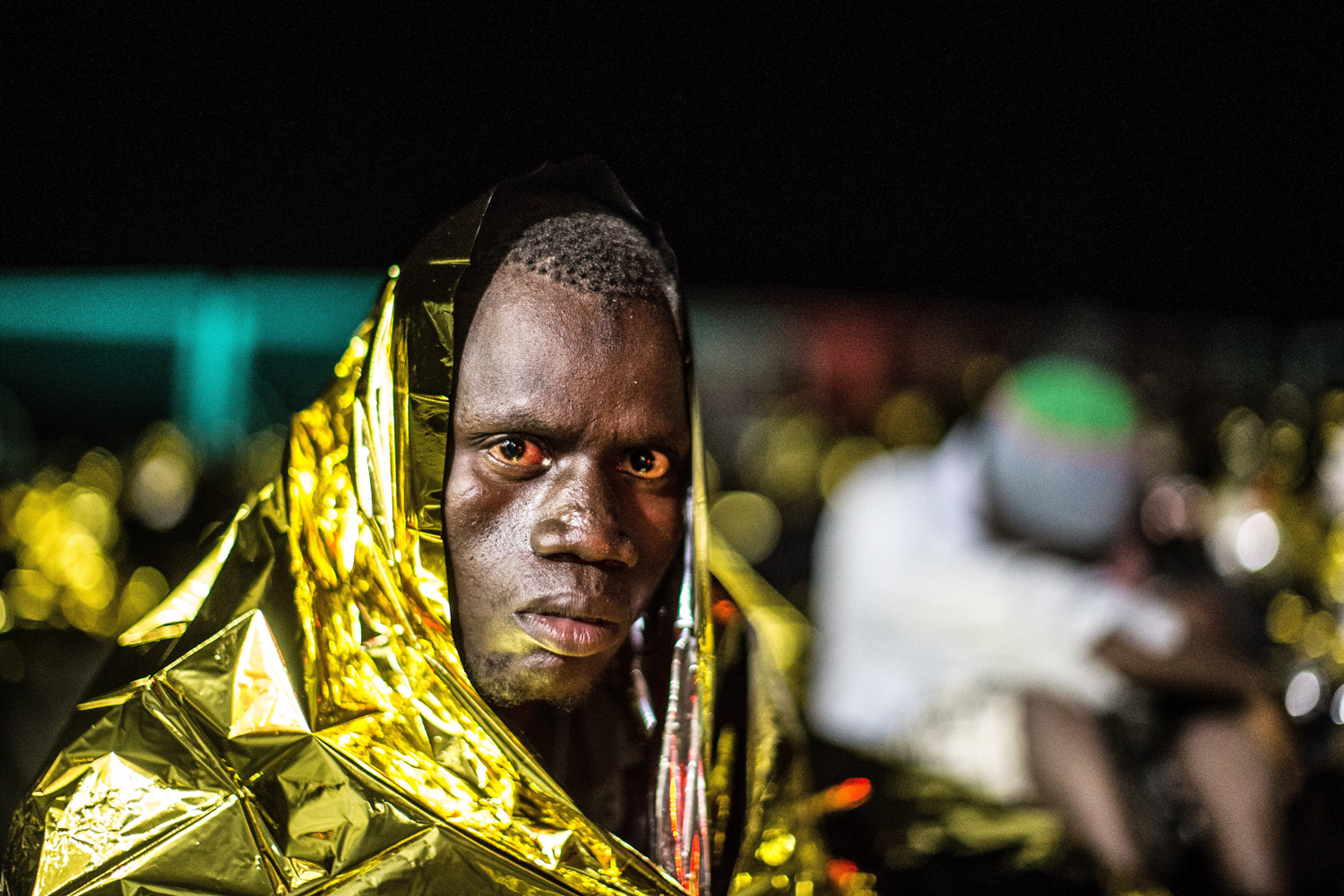
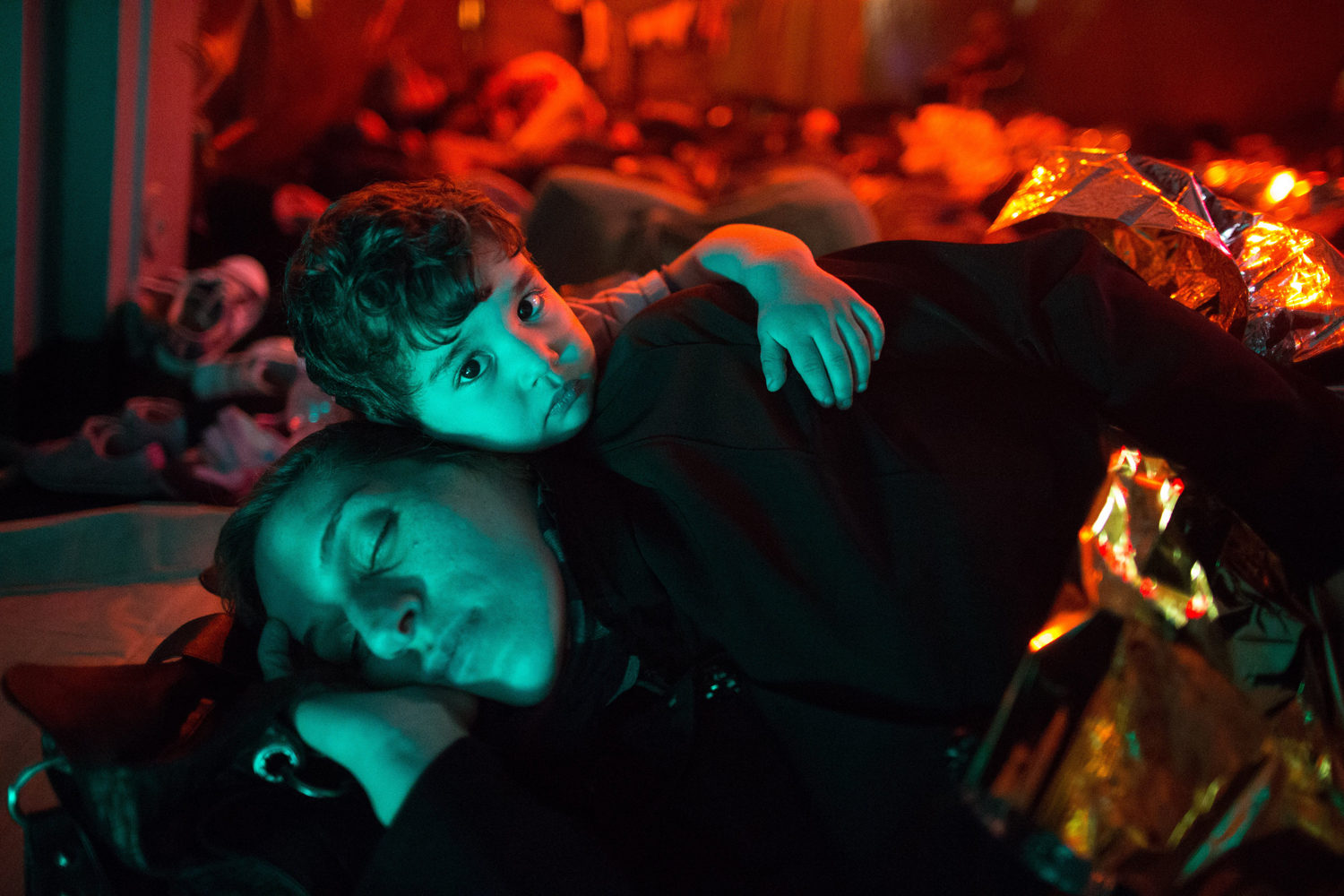
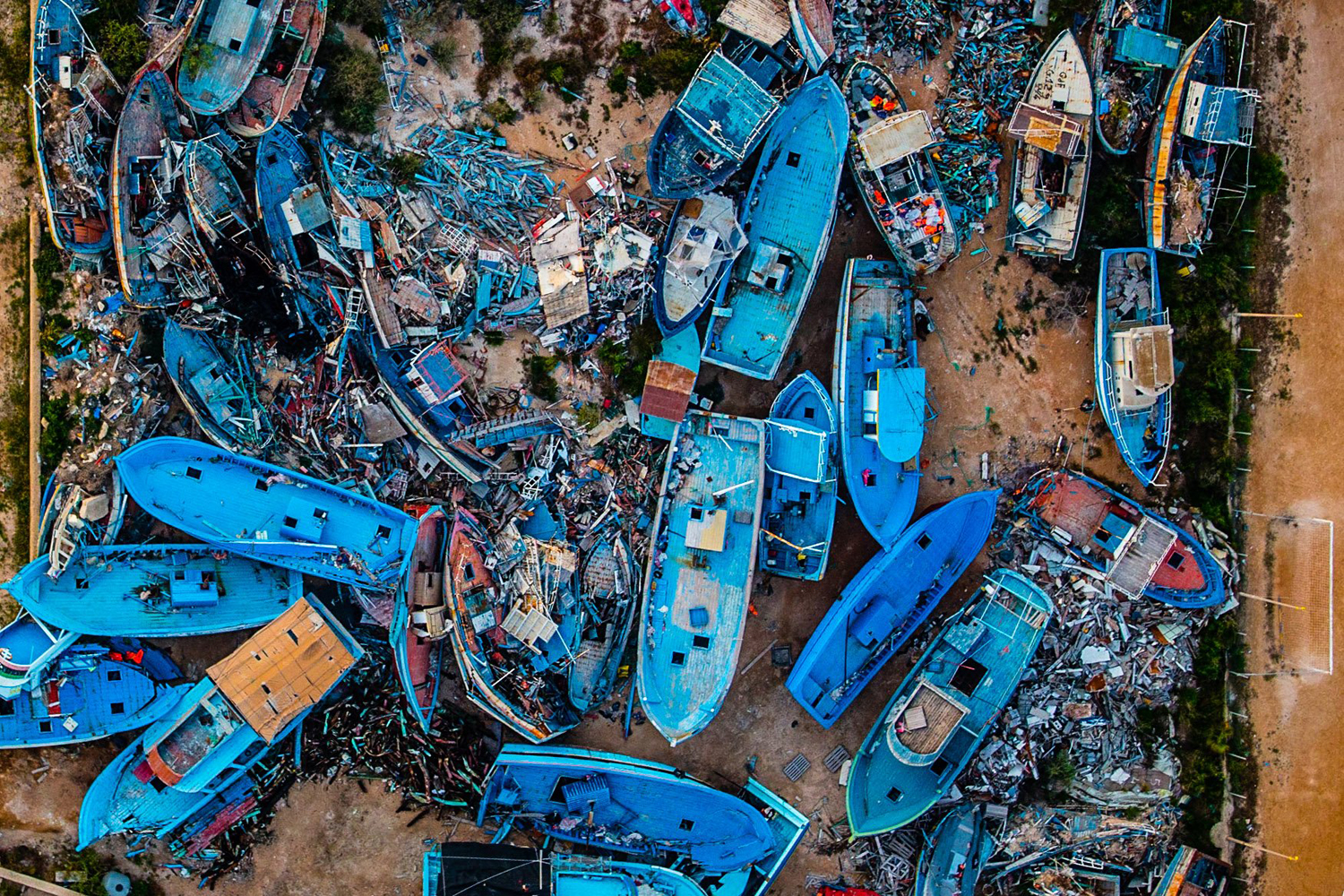
An Italian search-and-rescue operation of migrants attempting to reach Europe by sea is due to end this week, after rescuing around 150,000 people over the past year.
The ‘Mare Nostrum’ operation, which involves a large part of the country’s navy and rescued on average 400 migrants a day, was launched after a boat disaster off the Italian island of Lampedusa last October killed more than 360 migrants.
The operation has since been deemed unsustainable by Italian authorities. In spite of the efforts of Mare Nostrum, around 2,500 people have drowned or gone missing in the Mediterranean this year alone.
Border officials from European Union countries are meeting in Brussels on Tuesday to discuss how best to regulate the flow of migrants trying to reach Europe from North Africa. Ministers across the E.U. have acknowledged the matter’s importance, but have questioned the effectiveness of expensive search-and-rescue operations.
The U.K.’s Foreign Office minister, Lady Anelay, announced Oct.15 that Britain will not be supporting any future search-and-rescue operations in the Mediterranean, saying that they “create an unintended ‘pull factor’, encouraging more migrants to attempt the dangerous sea crossing and thereby leading to more tragic and unnecessary deaths.” Anelay said the most effective way to tackle the problem “is to focus our attention on countries of origin and transit, as well as taking steps to fight the people smugglers who wilfully put lives at risk by packing migrants into unseaworthy boats.”
The U.K. does not plan to take part in the new “Operation Triton” being launched by the European Frontex border agency on Nov. 1. This joint EU operation will not include search-and-rescue plans but focuses on border protection, involving patrols within 30 miles of the Italian coast. Frontex spokeswoman Isabella Cooper told the BBC: “We only have a few vessels and a few aircraft. The Mediterranean Sea is over 2.5 million square kilometres large – it is virtually impossible to have a full overview of what is happening at sea.”
Human rights groups like Amnesty International and refugee organizations have criticized the new plans. Michael Diedring, Secretary-General of the European Council on Refugees, told the BBC that the EU should fundamentally change its approach to the problem by offering more safe and legal channels for migrants. “There are almost no safe and legal means to access European soil to file an asylum claim, for example.”
U.K. Refugee Council chief executive Maurice Wren agreed, telling The Guardian that “the world is in the grip of the greatest refugee crisis since the Second World War. People fleeing atrocities will not stop coming if we stop throwing them life rings.” He warned that withdrawing help would only lead to more people that “needlessly and shamefully dying on Europe’s doorstep.”
Read more: Shining a Light on the Plight of Europe’s Migrants, From Rome to Brussels
More Must-Reads from TIME
- Why Biden Dropped Out
- Ukraine’s Plan to Survive Trump
- The Rise of a New Kind of Parenting Guru
- The Chaos and Commotion of the RNC in Photos
- Why We All Have a Stake in Twisters’ Success
- 8 Eating Habits That Actually Improve Your Sleep
- Welcome to the Noah Lyles Olympics
- Get Our Paris Olympics Newsletter in Your Inbox
Write to Naina Bajekal at naina.bajekal@time.com